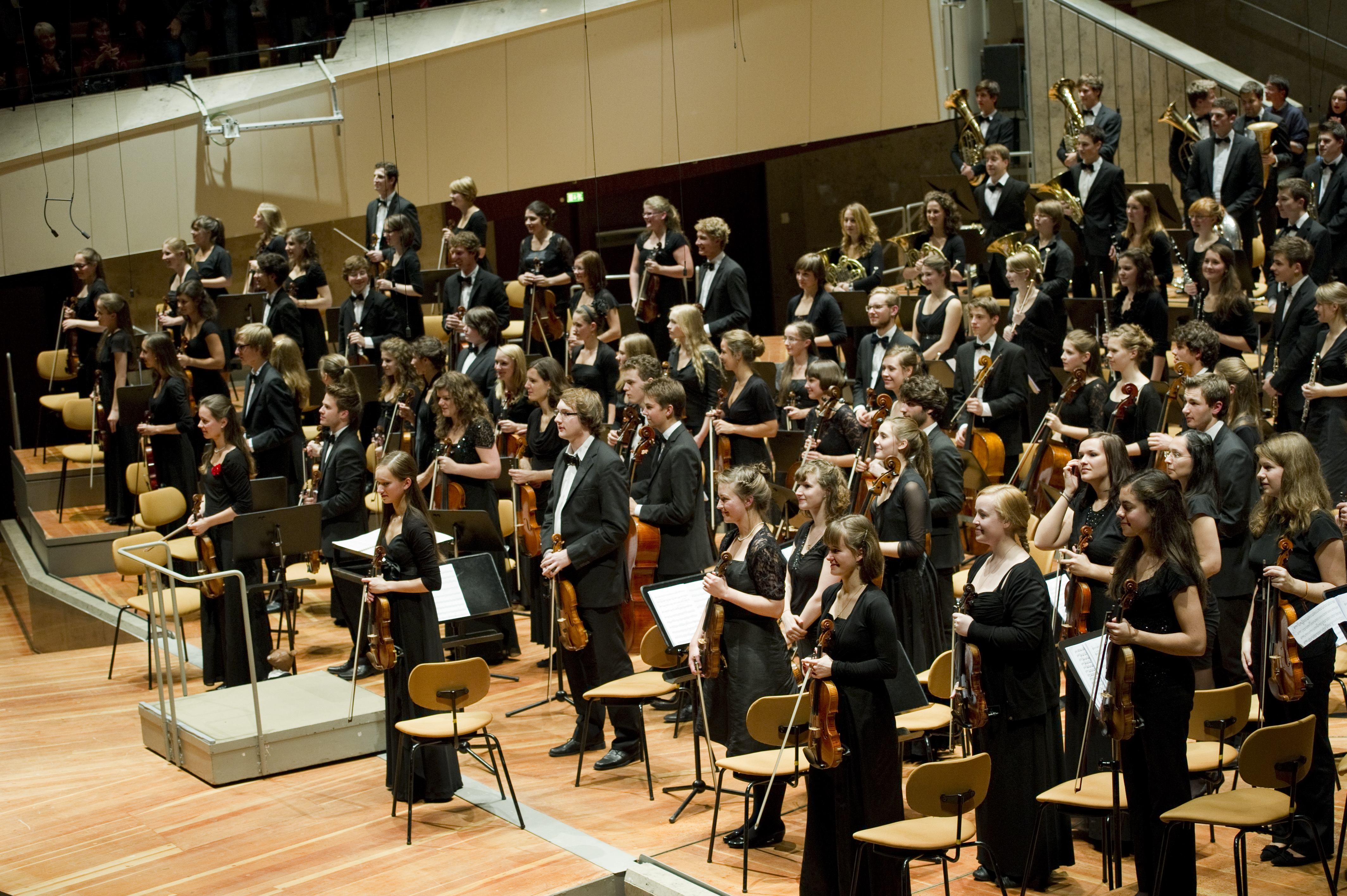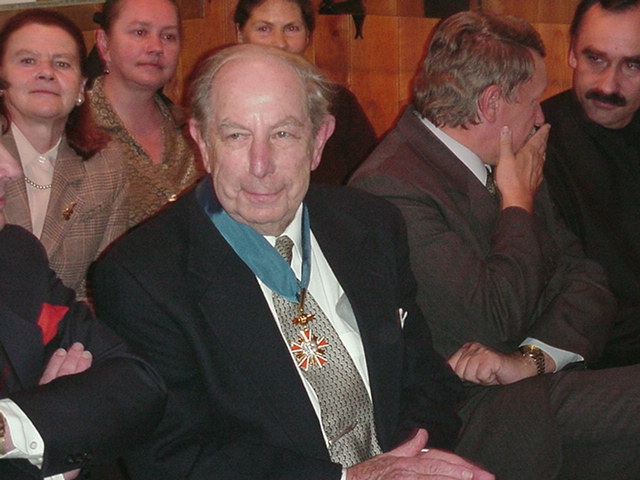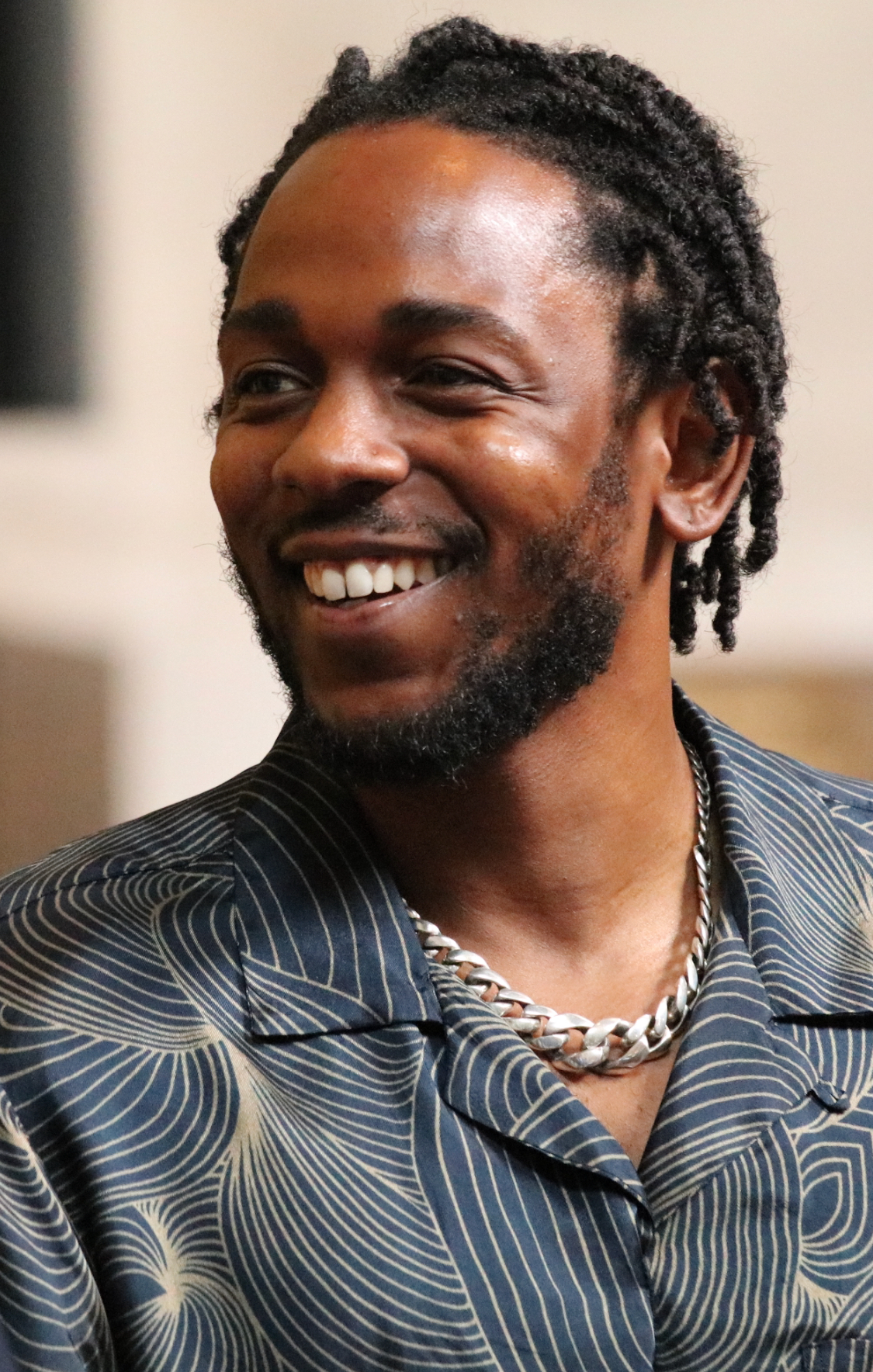|
Aspen Music Festival And School
The Aspen Music Festival and School (AMFS) is a European classical music, classical music festival held annually in Aspen, Colorado. It is noted both for its concert programming and the musical training it offers to mostly young-adult music students. Founded in 1949, the typical eight-week summer season includes more than 400 classical music events—including concerts by five orchestras, solo and chamber music performances, fully staged opera productions, master classes, lectures, and children's programming—and brings in 70,000 audience members. In the winter, the AMFS presents a small series of recitals and Metropolitan Opera Live in HD screenings. As a training ground for young-adult classical musicians, the AMFS draws more than 650 students from 40 states and 34 countries, with an average age of 22. While in Aspen, students participate in lessons, coaching, and public performances in orchestras, operas, and chamber music, often playing side-by-side with AMFS artist-facult ... [...More Info...] [...Related Items...] OR: [Wikipedia] [Google] [Baidu] |
Classical Music
Classical music generally refers to the art music of the Western world, considered to be #Relationship to other music traditions, distinct from Western folk music or popular music traditions. It is sometimes distinguished as Western classical music, as the term "classical music" can also be applied to List of classical and art music traditions, non-Western art musics. Classical music is often characterized by formality and complexity in its musical form and Harmony, harmonic organization, particularly with the use of polyphony. Since at least the ninth century, it has been primarily a written tradition, spawning a sophisticated music notation, notational system, as well as accompanying literature in music analysis, analytical, music criticism, critical, Music history, historiographical, musicology, musicological and Philosophy of music, philosophical practices. A foundational component of Western culture, classical music is frequently seen from the perspective of individual or com ... [...More Info...] [...Related Items...] OR: [Wikipedia] [Google] [Baidu] |
Roman Totenberg
Roman Totenberg (January 1, 1911 – May 8, 2012) was a Polish-American violinist and educator. A child prodigy, he lived in Poland, Moscow, Berlin, and Paris, before formally immigrating to the U.S. in 1938, at age 27. He performed and taught nationally and internationally throughout his life. One of Totenberg's favorite instruments was the '' Ames Stradivarius'', which was stolen from his office in the Longy School of Music in Cambridge, Massachusetts after a concert in May 1980. The instrument was recovered and returned to Totenberg's daughters on August 6, 2015. Early life Roman Totenberg was born in Łódź, Poland to a Jewish family, the son of Adam (an architect) and Stanisława (Winawer) Totenberg. He spent his early childhood years (1914–1921) in Moscow, where the family moved at the beginning of World War I. Totenberg was a child prodigy who made his concert debut at the age of eleven with conductor Grzegorz Fitelberg. Returning to Warsaw in 1921, he studied wi ... [...More Info...] [...Related Items...] OR: [Wikipedia] [Google] [Baidu] |
Walter Susskind
Jan Walter Susskind (1 May 1913 – 25 March 1980) was a Czech-born British conductor, teacher and pianist. He began his career in his native Prague and travelled to London in March 1939 when Germany invaded Czechoslovakia. He worked for substantial periods in Australia, Canada and the United States, as a conductor and teacher. Biography Süsskind was born in Prague. Bernas, Richard and Ruth B Hilton"Susskind, Walter" Grove Music Online, Oxford University Press. Retrieved 27 June 2014 His father was a Viennese music critic and his Czech mother was a piano teacher. At the State Conservatorium he studied under the composer Josef Suk, the son-in-law of Dvořák. He later studied conducting under George Szell, and became Szell's assistant at the German Opera, Prague, making his conducting debut there with '' La traviata''; early in his career, he was often known as H. W. Süsskind (H for Hans or Hanuš). Susskind was giving a piano recital in Amsterdam in March 1939 when German ... [...More Info...] [...Related Items...] OR: [Wikipedia] [Google] [Baidu] |
Izler Solomon
Izler Solomon (January 11, 1910 – December 6, 1987) was an American orchestra conductor, active mostly in the Midwest. Career Born in Saint Paul, Minnesota, Izler Solomon's first position as music director was from 1936 to 1941 with the Illinois Symphony Orchestra. While there, he premiered more than 150 American works. Subsequently, he was music director of the Columbus Philharmonic Orchestra (1941–1949), and of the Indianapolis Symphony Orchestra (1956–1976). As a guest conductor Solomon appeared with the Philadelphia Orchestra, Chicago Symphony, Milwaukee Symphony Orchestra, Israel Philharmonic, and Indiana University Philharmonic Orchestra. His career was cut short by a stroke in 1976. He died in 1987 in Fort Wayne, Indiana. He made a number of respected recordings, including the world premiere recording of Max Bruch's Violin Concerto No. 2, with the RCA Victor Symphony Orchestra, and Jascha Heifetz as soloist, in 1954. References * David Ewen, "Izler Solomon", in ... [...More Info...] [...Related Items...] OR: [Wikipedia] [Google] [Baidu] |
William Steinberg
William Steinberg (Cologne, August 1, 1899New York City, May 16, 1978) was a German-American conductor. Biography Steinberg was born Hans Wilhelm Steinberg in Cologne, Germany. He displayed early talent as a violinist, pianist, and composer, conducting his own choral/orchestral composition (based on texts from Ovid's ''Metamorphoses'') at age 13. In 1914, he began studies at the Cologne Conservatory, where his piano teacher was the Clara Schumann pupil Lazzaro Uzielli and his conducting mentor was Hermann Abendroth. He graduated with distinction, winning the Wüllner Prize for conducting, in 1919. He immediately became a second violinist in the Cologne Opera orchestra, but was dismissed from the position by Otto Klemperer for using his own bowings. He was soon re-hired by Klemperer as an assistant, and in 1922, he conducted Fromental Halévy's opera ''La Juive'' as a substitute. When Klemperer left in 1924, Steinberg served as Principal Conductor. He left a year later, in 1 ... [...More Info...] [...Related Items...] OR: [Wikipedia] [Google] [Baidu] |
Grammy Awards
The Grammy Awards, stylized as GRAMMY, and often referred to as The Grammys, are awards presented by The Recording Academy of the United States to recognize outstanding achievements in music. They are regarded by many as the most prestigious and significant awards in the music industry in the United States, and thus the show is frequently called "music's biggest night". The trophy depicts a gilded gramophone, and the original idea was to call them the "Gramophone Awards". The Grammys are the first of the Big Three networks' major music awards held annually, and are considered one of the four major annual American entertainment awards with the Academy Awards (for films), the Emmy Awards (for television), and the Tony Awards (for theater). The first Grammy Awards ceremony was held on May 4, 1959, to honor the musical accomplishments of performers for the year 1958. After the 2011 ceremony, the Recording Academy overhauled many Grammy Award categories for 2012. The 67th Annua ... [...More Info...] [...Related Items...] OR: [Wikipedia] [Google] [Baidu] |
Emerson String Quartet
The Emerson String Quartet, also known as the Emerson Quartet, was an American string quartet initially formed as a student group at the Juilliard School in 1976. It was named for American poet and philosopher Ralph Waldo Emerson and began touring professionally in 1976. The ensemble taught in residence at The Hartt School in the 1980s and is currently the quartet in residence at Stony Brook University. Both of the founding violinists studied with Oscar Shumsky at Juilliard, and the two alternated as first and second violinists for the group. The Emerson Quartet was one of the first such ensembles with the two violinists alternating chairs. The Emerson Quartet was inducted into the Classical Music Hall of Fame in 2010. , they had released more than thirty albums and won nine Grammy Awards, as well as the prestigious Avery Fisher Prize in 2004. In 2017, the Emerson String Quartet Institute became part of the College of Arts and Sciences at Stony Brook University. The institut ... [...More Info...] [...Related Items...] OR: [Wikipedia] [Google] [Baidu] |
John Denver
Henry John Deutschendorf Jr. (December 31, 1943 – October 12, 1997), known professionally as John Denver, was an American Country music, country and Folk music, folk singer, songwriter, and actor. He was one of the most popular acoustic music, acoustic artists of the 1970s and one of the best selling artists in that decade. AllMusic has called Denver "among the most beloved entertainers of his era". Denver recorded and released approximately 300 songs, about 200 of which he wrote himself. He released 33 albums and singles that were certified Gold and Platinum in the U.S by the Recording Industry Association of America (RIAA), with estimated sales of more than 33 million units. He recorded and performed primarily with an acoustic guitar and sang about his joy in nature, disdain for city life, enthusiasm for music, and relationship trials. Denver's music appeared on a variety of charts, including country music, the Billboard Hot 100, ''Billboard'' Hot 100, and Adult contempo ... [...More Info...] [...Related Items...] OR: [Wikipedia] [Google] [Baidu] |
Aaron Copland
Aaron Copland (, ; November 14, 1900December 2, 1990) was an American composer, critic, writer, teacher, pianist, and conductor of his own and other American music. Copland was referred to by his peers and critics as the "Dean of American Composers". The open, slowly changing harmonies in much of his music are typical of what many consider the sound of American music, evoking the vast American landscape and pioneer spirit. He is best known for the works he wrote in the 1930s and 1940s in a deliberately accessible style often referred to as "populist" and which he called his "vernacular" style. Works in this vein include the ballets ''Appalachian Spring'', ''Billy the Kid (ballet), Billy the Kid'' and ''Rodeo (ballet), Rodeo'', his ''Fanfare for the Common Man'' and Symphony No. 3 (Copland), Third Symphony. In addition to his ballets and orchestral works, he produced music in many other genres, including chamber music, vocal works, opera, and film scores. After some initial studie ... [...More Info...] [...Related Items...] OR: [Wikipedia] [Google] [Baidu] |
Dorothy DeLay
Dorothy DeLay (March 31, 1917 – March 24, 2002) was an American violin teacher, instructor, primarily at the Juilliard School, Sarah Lawrence College, and the University of Cincinnati. Life Dorothy DeLay was born on March 31, 1917, in Medicine Lodge, Kansas to parents who were musicians and teachers.Kozinn, Allan. "Dorothy DeLay, Teacher of Many of the World's Leading Violinists, Dies at 84." ''The New York Times.'' March 26, 2002. She began studying violin at age 4. At age 14, she graduated from Neodesha, Kansas, Neodesha High School, where her father was superintendent. DeLay studied for one year at the Oberlin Conservatory with Raymond Cerf, a student of César Thomson, and transferred to broaden her education at Michigan State University, where she earned a B.A. in 1937 at age 20. She then entered the Juilliard Graduate School, where she studied with Louis Persinger, Hans Letz, and Felix Salmond. She was the founder of the Stuyvesant Trio (1939–42) with her cellist sis ... [...More Info...] [...Related Items...] OR: [Wikipedia] [Google] [Baidu] |
Duke Ellington
Edward Kennedy "Duke" Ellington (April 29, 1899 – May 24, 1974) was an American Jazz piano, jazz pianist, composer, and leader of his eponymous Big band, jazz orchestra from 1924 through the rest of his life. Born and raised in Washington, D.C., Ellington was based in New York City from the mid-1920s and gained a national profile through his orchestra's appearances at the Cotton Club in Harlem. A master at writing miniatures for the three-minute 78 rpm recording format, Ellington wrote or collaborated on more than one thousand compositions; his extensive body of work is the largest recorded personal jazz legacy, and many of his pieces have become Standard (music), standards. He also recorded songs written by his bandsmen, such as Juan Tizol's "Caravan (1937 song), Caravan", which brought a Spanish tinge to big band jazz. At the end of the 1930s, Ellington began a nearly thirty five-year collaboration with composer-arranger-pianist Billy Strayhorn, whom he called his writ ... [...More Info...] [...Related Items...] OR: [Wikipedia] [Google] [Baidu] |
Albert Herring
''Albert Herring'', Op. 39, is a chamber opera in three acts by Benjamin Britten. Composed in the winter of 1946 and the spring of 1947, this comic opera was a successor to his serious opera '' The Rape of Lucretia''. The libretto, by Eric Crozier, was based on Guy de Maupassant's novella '' Le Rosier de Madame Husson'', with the action transposed to an English setting. Composition history After having composed and staged ''The Rape of Lucretia'', Britten decided he should attempt a comedy, preferably set in England. Nigel Douglas. "Some personal memories of Benjamin Britten, the English Opera Group and ''Albert Herring''". Booklet note to Nimbus NI 5824/6 (2008). Crozier suggested adapting the Maupassant short story ''Le rosier de Madame Husson'' and transplanting it to the Suffolk landscape already familiar to Britten from his home in Snape. Britten composed ''Albert Herring'' at his home, The Old Mill at Snape, in the winter of 1946 and the spring of 1947. He scored the ope ... [...More Info...] [...Related Items...] OR: [Wikipedia] [Google] [Baidu] |





